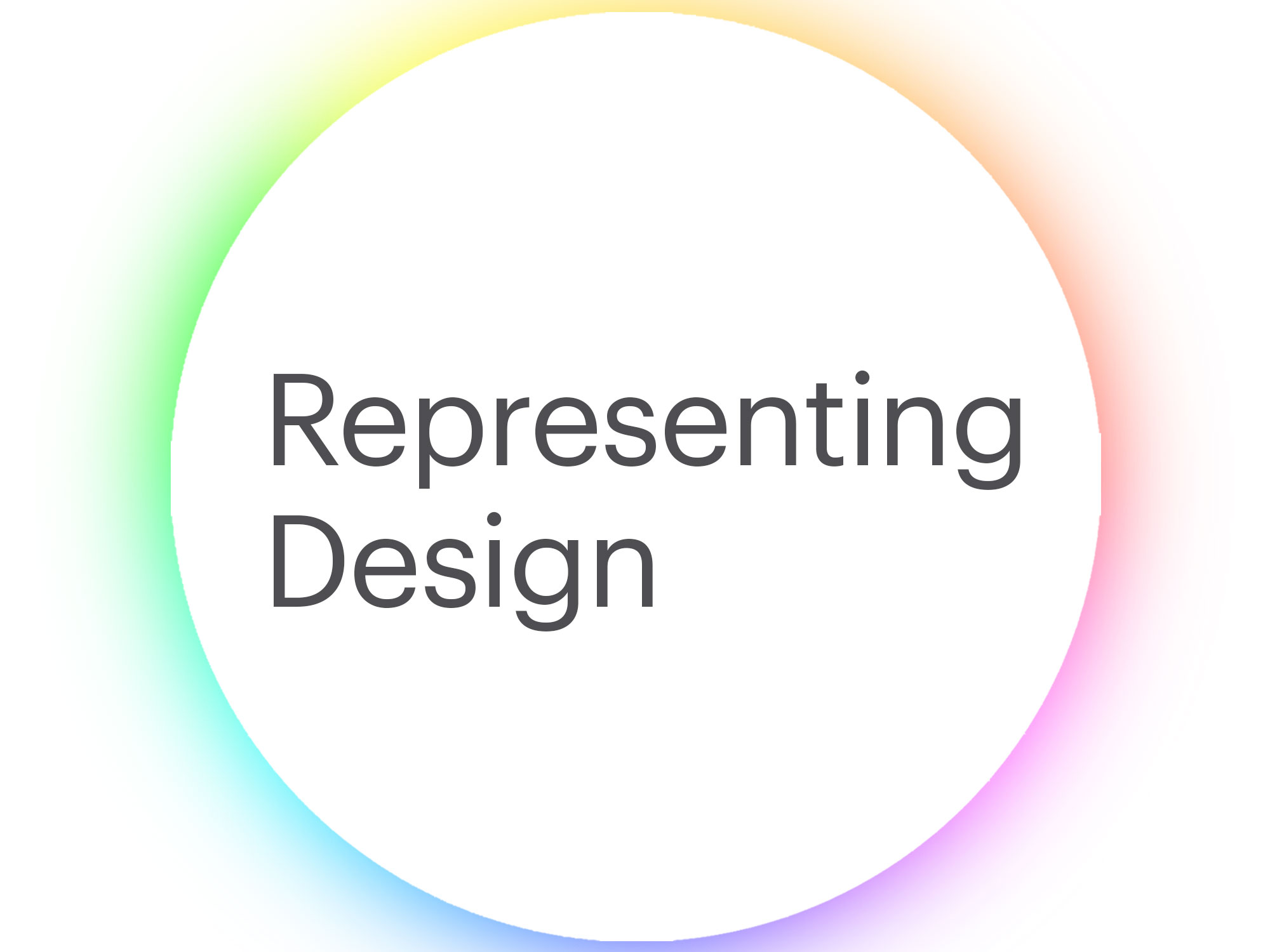For our first series of Viewpoints we've asked a number of people to consider how design in represented in Ireland. First up we had thoughts from Kathryn Wilson, creative director and Past President of ICAD, who advocated for a united front and a sharing of resources when it comes to Irish design. Then our own Scott Burnett chimed in and questioned whether one organisation could ever represent something as varied as the design industry. Lastly, we asked Nathalie Weadick, and her response is below. Nathalie is director of the Irish Architecture Foundation (IAF), an organisation founded to communicate the value and impact of architecture to the public and to develop audiences for spatial practice and the built environment. Having led the IAF since 2007 and curated major architecture exhibitions and programmes around the world, Nathalie is to be awarded an Honorary Fellowship for her outstanding contribution to architecture by the Royal Institute of British Architects early next year.
Is it viable, credible, achievable or indeed desirable to represent the whole design community with a single voice?
No, it is not viable, credible, achievable or even desirable to represent the whole design community with a single voice. However this doesn’t mean there shouldn’t be an agency with responsibility for developing design. This agency’s role is not to decree, from above or from within, as an unquestionable code what design is, but rather to create a platform for this perceived code to be relinquished, dismantled, reconstructed and reinvented. It is not that they would be dismissive of the idea of “A Definition” of design; it is that they and the sector would be recharged and enlivened by the act of redefining. This is how they and the sector become essential and useful.
They would follow no fixed set of beliefs concerning the cause, they support no fixed definition of what design is, they do not affiliate themselves with any particular body or voice. In that sense they are agnostic and therefore free, open and inclusive. They can indeed propose and should operate within an expanded field of design. This field explores and questions both what design is and also most crucially what design does. Their power would lie in their ability to ensure that diversity of practice is central to the viability of design. The design community as a whole is so wonderfully diverse, and a deep commitment to this truth would drive creativity, innovation, ideas and trust.
This agency has no ego. It is powered by the pleasure of success and achievement. Success is measured, by the way, through every qualitative encounter a person has with design. Developing audiences for design would be a priority and understanding how to do this is essential to the sector and a basic need for survival.
In short, their role would be not to speak for but to support the sector, by advocating for designers and working hard everyday to mine opportunities for them to thrive. They would work in partnership with practitioners, design organisations, policy makers and people to build a central place for design in everyday life from the bottom up.
